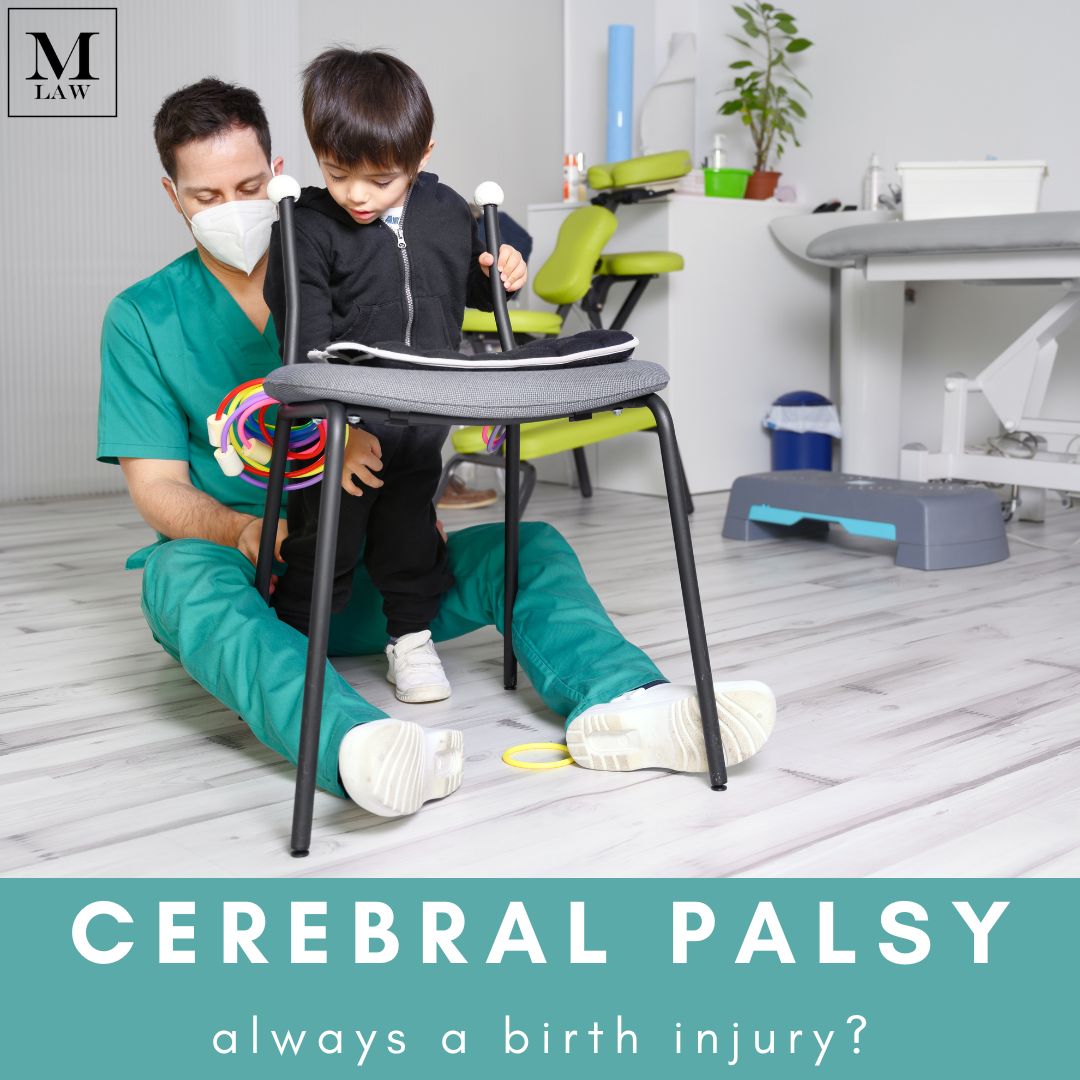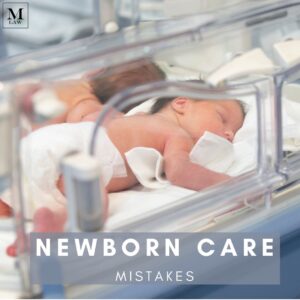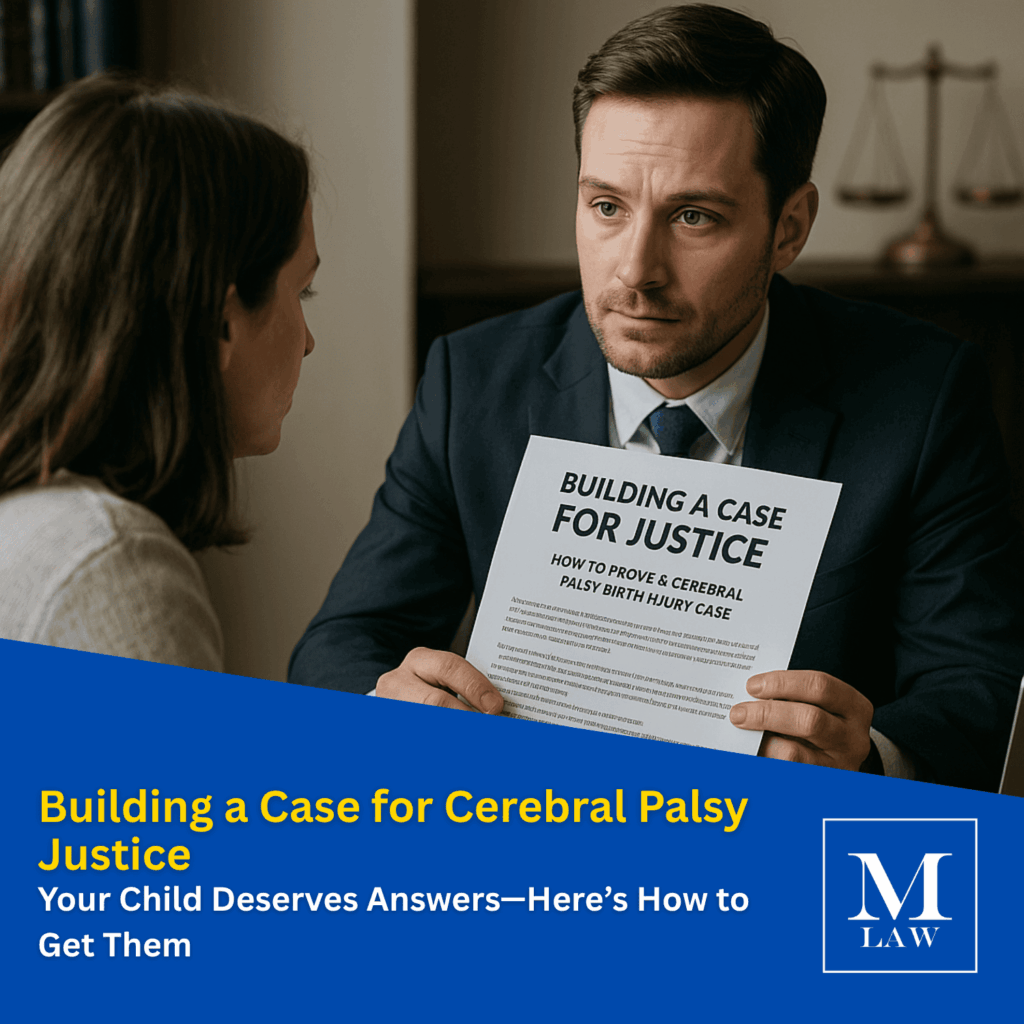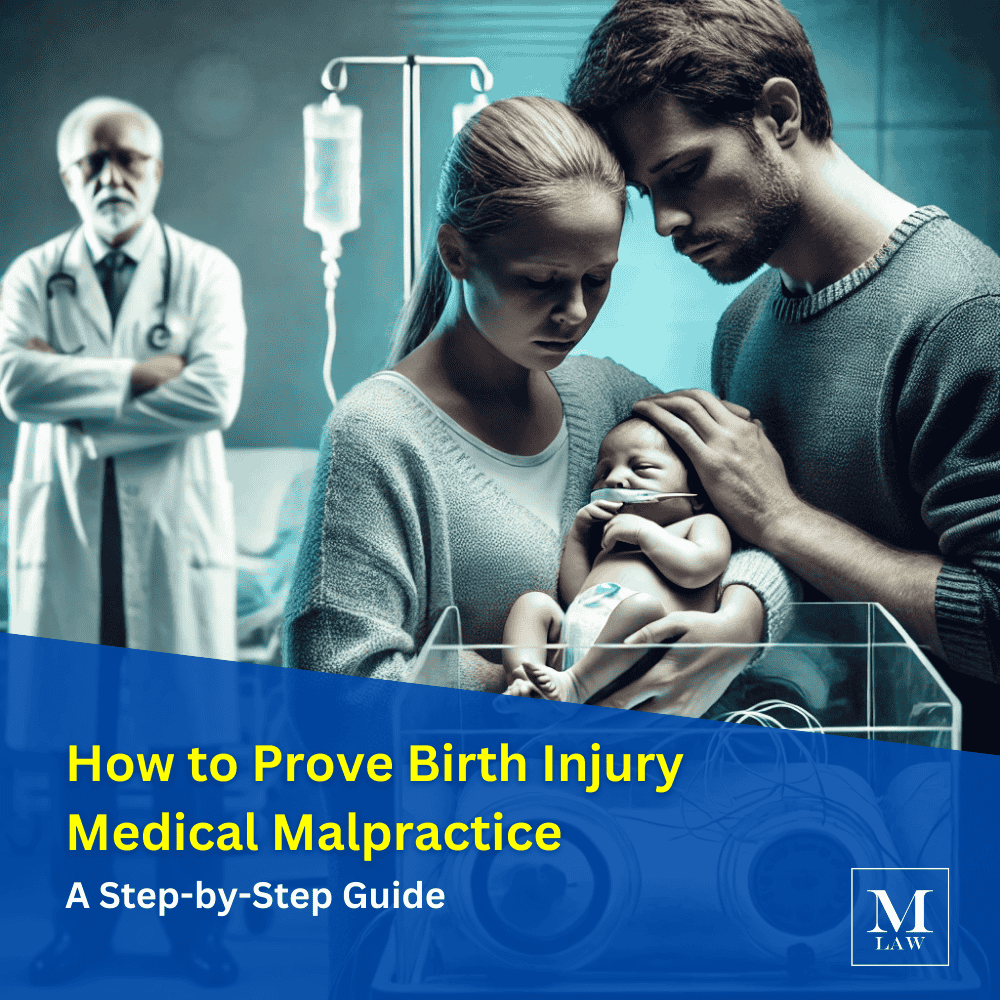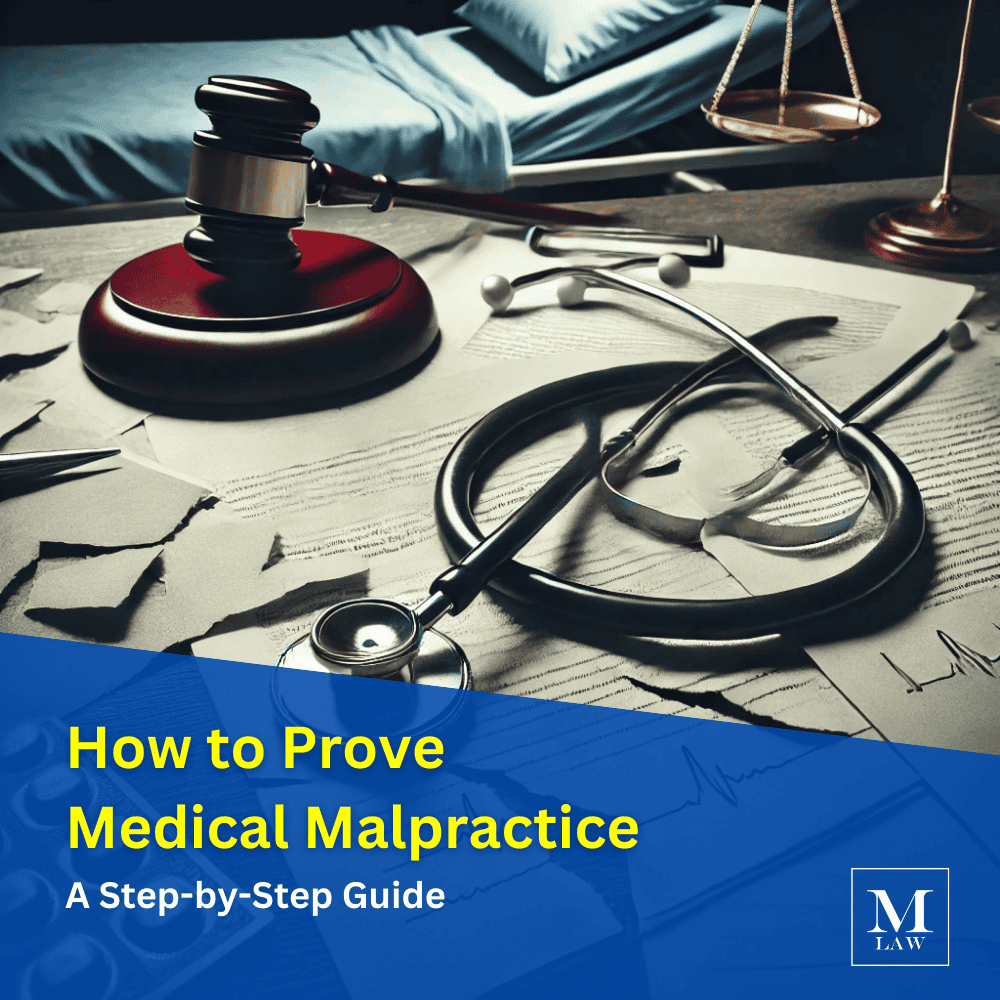Cerebral palsy (CP) is a neurological disorder that affects thousands of individuals worldwide, impacting their ability to control movement and muscle coordination.
Cerebral palsy is a collective term for a group of permanent, non-progressive movement disorders that can manifest in a range of symptoms and severity levels. The condition arises from damage to the developing brain, particularly in areas that regulate muscle control and movement.
Is Cerebral Palsy Always a Birth Injury? What Every NYC Parent Should Know
Cerebral palsy (CP) is one of the most common motor disorders diagnosed in children. But is it always the result of a birth injury?
At Merson Law, our cerebral palsy birth injury lawyer in NYC are often asked this very question—and the answer is more complex than you might think.
What Causes Cerebral Palsy?
Cerebral palsy refers to a group of disorders that affect a person’s ability to move and maintain balance and posture. It is caused by abnormal brain development or damage to the developing brain—either before, during, or shortly after birth.
Common causes include:
-
Birth injuries due to medical negligence
-
Infections during pregnancy (e.g., toxoplasmosis, rubella)
-
Lack of oxygen (hypoxic-ischemic encephalopathy)
-
Stroke in utero or shortly after birth
-
Premature birth or low birth weight
-
Genetic mutations
How to prove a cerebral palsy birth injury case.
When Is Cerebral Palsy Considered a Birth Injury?
A birth injury refers to any harm to a newborn that occurs during labor, delivery, or shortly afterward. Cerebral palsy is classified as a birth injury when it’s caused by:
-
Oxygen deprivation during birth (asphyxia)
-
Misuse of forceps or vacuum tools
-
Delayed cesarean section
-
Failure to detect fetal distress
-
Improper handling of complications like umbilical cord prolapse
These are preventable errors—and in many cases, they constitute medical malpractice.
Can You Sue for Cerebral Palsy Caused by a Birth Injury?
Yes. If a doctor, nurse, or medical facility failed to meet the standard of care during childbirth and your child developed cerebral palsy as a result, you may have a strong legal case.
Learn more on our page dedicated to this topic:
👉 Cerebral Palsy Birth Injury Lawyer NYC
What If My Child’s Cerebral Palsy Wasn’t Caused at Birth?
Even if CP wasn’t caused by a birth injury, your child may still qualify for services, education support, and therapies. But if medical negligence played any role, you deserve to know—and the very least your child deserves is for you to explore your legal options.
We offer a free case review to help you determine whether medical malpractice may have been a factor.
Why Choose Merson Law?
Our firm has handled numerous high-value birth injury cases and has a deep understanding of cerebral palsy litigation. We approach every family suffering from medical malpractice with compassion and care, and we fight relentlessly to secure the support your child deserves.
Are You Looking for a Medical Malpractice Lawyer in New York?
📞 Contact Us
If you believe your child’s cerebral palsy was caused by a birth injury, we’re here to help.
🗽 Merson Law – NYC’s Trusted Birth Injury Law Firm
📱 Call 212-603-9100 or contact us online.
Additional Authoritative Sources:


